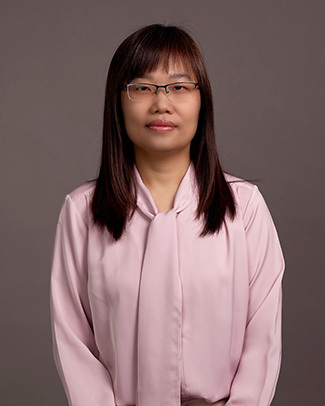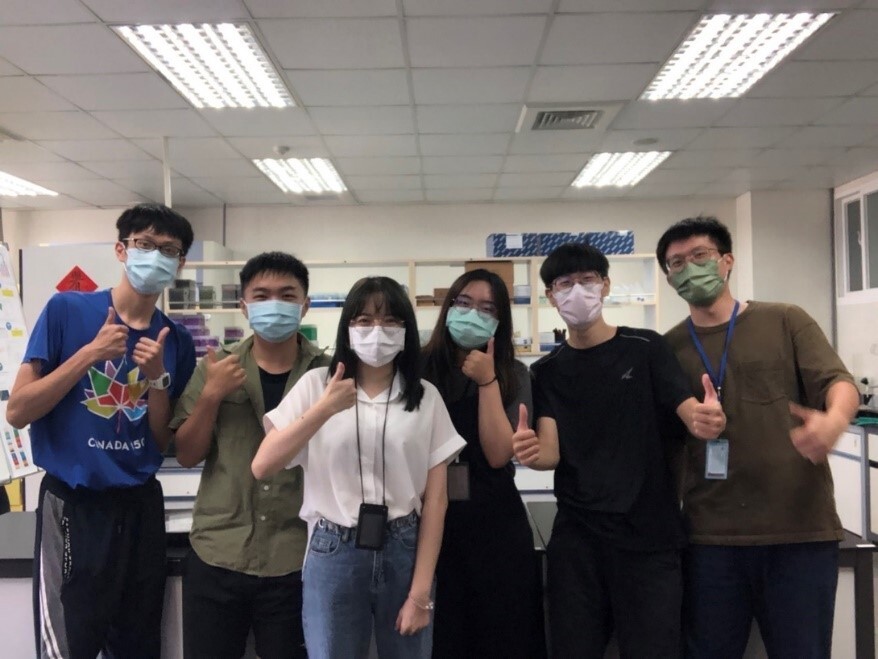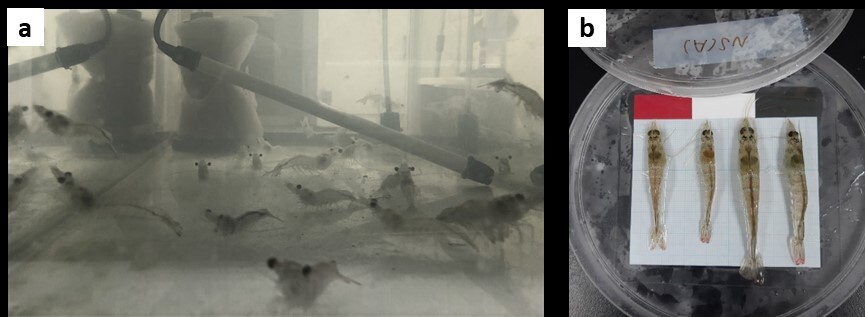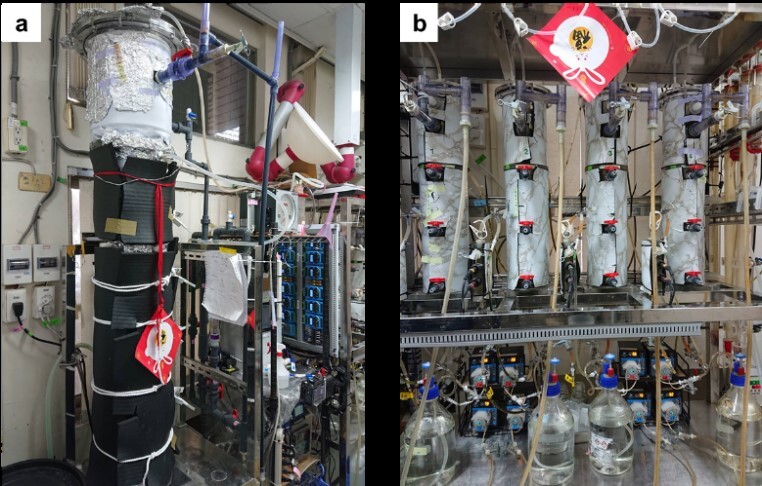Dr. Hsiao-Pei Lu

Dr. Hsiao-Pei Lu
Position:Associate Professor
Group:Agriculture & Aquaculture technology group
Research Interests:Microbial Ecology, Metagenomics, Bioinformatics
E-mail:hplu@gs.ncku.edu.tw
Room:89704
Room Tel:+886-6-2757575#58211
Laboratory Tel:+886-6-2757575#58214#713

| School | Department | Country | Degree | Period |
| National Taiwan University | Institute of Zoology | Taiwan | Ph.D. | 2007.09~ 2013.01. |
| National Taiwan University | Institute of Zoology | Taiwan | M.S. | 2004.09 ~ 2006.06 |
| National Taiwan University | Department of Life Science | Taiwan | B.S. | 2000.09 ~ 2004.06 |

| Institute | Position | Period |
| Department of Biotechnology and Bioindustry Sciences, National Cheng Kung University | Associate Professor | 2024.08~present |
| Department of Biotechnology and Bioindustry Sciences, National Cheng Kung University | Assistant Professor | 2019.02~2024.07 |
| Institute of Oceanography, National Taiwan University | Postdoctoral Fellow | 2012.08~2019.01 |

Our laboratory uses molecular approaches to reveal the diversity, function and interaction of microorganisms in natural and engineered systems. We use high-throughput meta-omics methods (such as metagenomics, metatranscriptomics and metabolomics) and bioinformatics (including phylogenetic and statistical tools) to study microbial communities (such as the marine plankton community, the gut microbiota community, and microbes in the bioreactor). As microbes interact closely with all other living organisms on Earth and carry out fundamental biochemical processes in a wide variety of environments, monitoring microbial communities is necessary to understand the dynamics and stability of functional performance in any system.

 |
Study system #1 - Microbes in aquaculture In aquaculture environments, microbes play an important role in maintaining the health of farmed animals (e.g. fish and shrimp) by acting as the first barrier to pathogen infection. We focus on positive symbiotic relationships between microbes and animals, considering the importance of stabilizing the balance of commensal microbiota for animal health, with the overall aim of developing an eco-friendly management for sustainable aquaculture. |
 |
Study system #2 - Microbes in oceans The oceans are teeming with diverse microbes (e.g. bacterioplankton, phytoplankton and zooplankton), which are fundamental to all marine life. To investigate the microbial food web that recycles marine carbon to higher trophic levels, we have collected hundreds of samples during research cruises around Taiwan. We also conduct on-board experiments to investigate how microbes affect the flux of dissolved organic matter, which is linked to marine biogeochemical cycles. |
 |
Study system #3 - Microbes in bioreactors Microbes in engineered systems are suitable for developing hypothesis-driven experiments. We use a bench-scale bioreactor as a simplified model to monitor the dynamics of microbial communities in response to the perturbation. Time series data are collected to identify cause-and-effect relationships between variables. Our aim is to assess the impact of microbial interactions on system stability and to develop early warning signals before system collapse. |

| Name of Award | Year of Award |
| Postdoc Academic Publication Award, Ministry of Science and Technology, Taiwan. | 2016 |


.svg.png)
